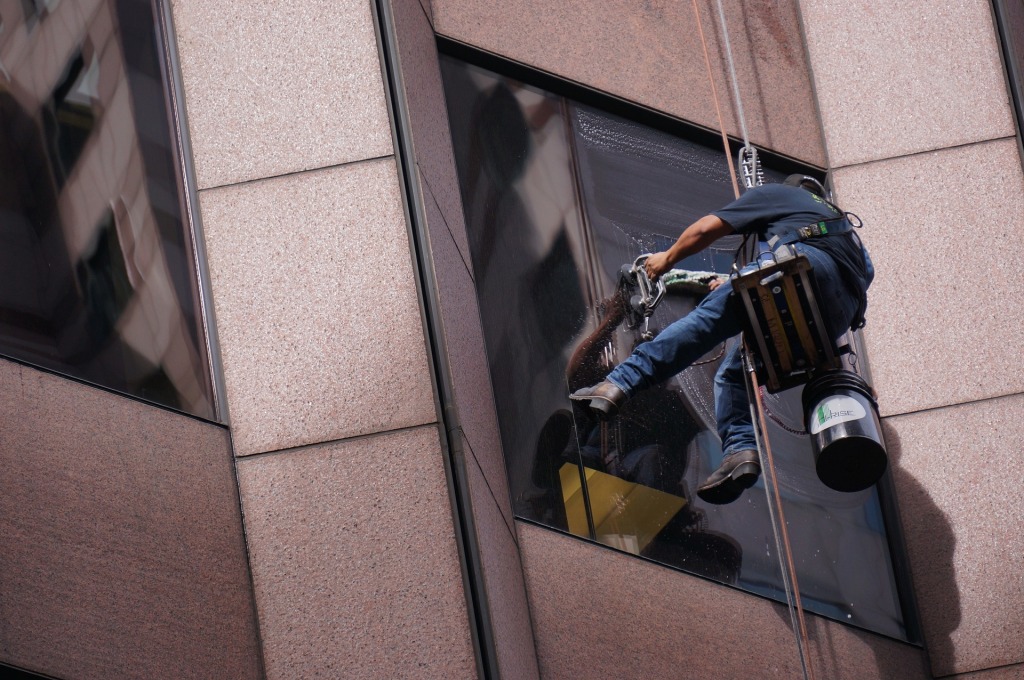
“The trouble with being a window washer is that the better you do your job, the less you have to show for it.” -Richard Kopperdahl
I am very pleased to have a story in the July/August issue of Alfred Hitchcock’s Mystery Magazine. I worked very hard on it.
I hope you can’t tell.
That’s one of the many weird things about writing fiction. You work like crazy to try to convince the reader that you aren’t working at all. Like the duck who is serene on the surface and paddling like hell underneath.
Most of the time (and we’ll get around to exceptions) the writer is trying to be transparent: You don’t see me. I’m just the lens through which you see these characters, this world . . .
My story, “Law of the Jungle,” is set in 1910 and involves hoboes, or if you prefer, railroad bums. Before writing it I read several books on the subject and skimmed many more.
I hope you will get the impression that I know what I’m talking about, but I don’t want to hit you over the head with it. Math teachers say show your work but editors say: Don’t.
So I try to show you the one crucial detail that convinces you I know a hundred others. For example, I explain how my characters travel on a freight train by riding the blind baggage and hope you understand that I have learned several other ways they could have done it.
I use a classic technique for introducing this strange world to the reader: One of my characters is a prenshun, a brand-new traveler. (And that word is another fruit of my research.) This teenage runaway knows just as little about hoboing as you do. As he learns, so does the reader. I, as third-person narrator, can stay as far from the action as possible.
But as I said at the beginning, there are exceptions. If you are writing in first person then your narrator is a character and you want what she says to express her personality. Archie Goodwin and Kinsey Milhone are both private eyes but they have very different voices.
And, of course, some authors prefer to provide a third person narration that expresses a view of the world. Rather than being invisible they want you to know that someone is deliberately choosing what you get to see. Compare a page of Mick Herron to one of Joyce Carol Oates and you will see very different omniscient narrators at work.
Generally I try not to impose myself in the story, but I will do so when it serves the tale. My stories about Leopold Longshanks, for example, have a very opinionated third-person narrator. Consider this passage about our hero and his wife from “Shanks Goes Hollywood.” (Alfred Hitchcock’s Mystery Magazine, April 2005.)
She and Shanks were visiting the left coast because a cable network had come banging on the door for one of her novels—romance, not mystery.
And Shanks was just fine with her success, really. REALLY.
So, transparent or highly visible? As always, the one key rule is: what works for the story, works.
And I hope “Law of the Jungle” works for you. Really.


Congratulations on the publication of what sounds like a very interesting short story.
Love this essay! And I’m looking forward to the new story.
Congrats on the story!
I appreciate your comments. I like the extensive research, far beyond hitting Google up every time you need a fact.